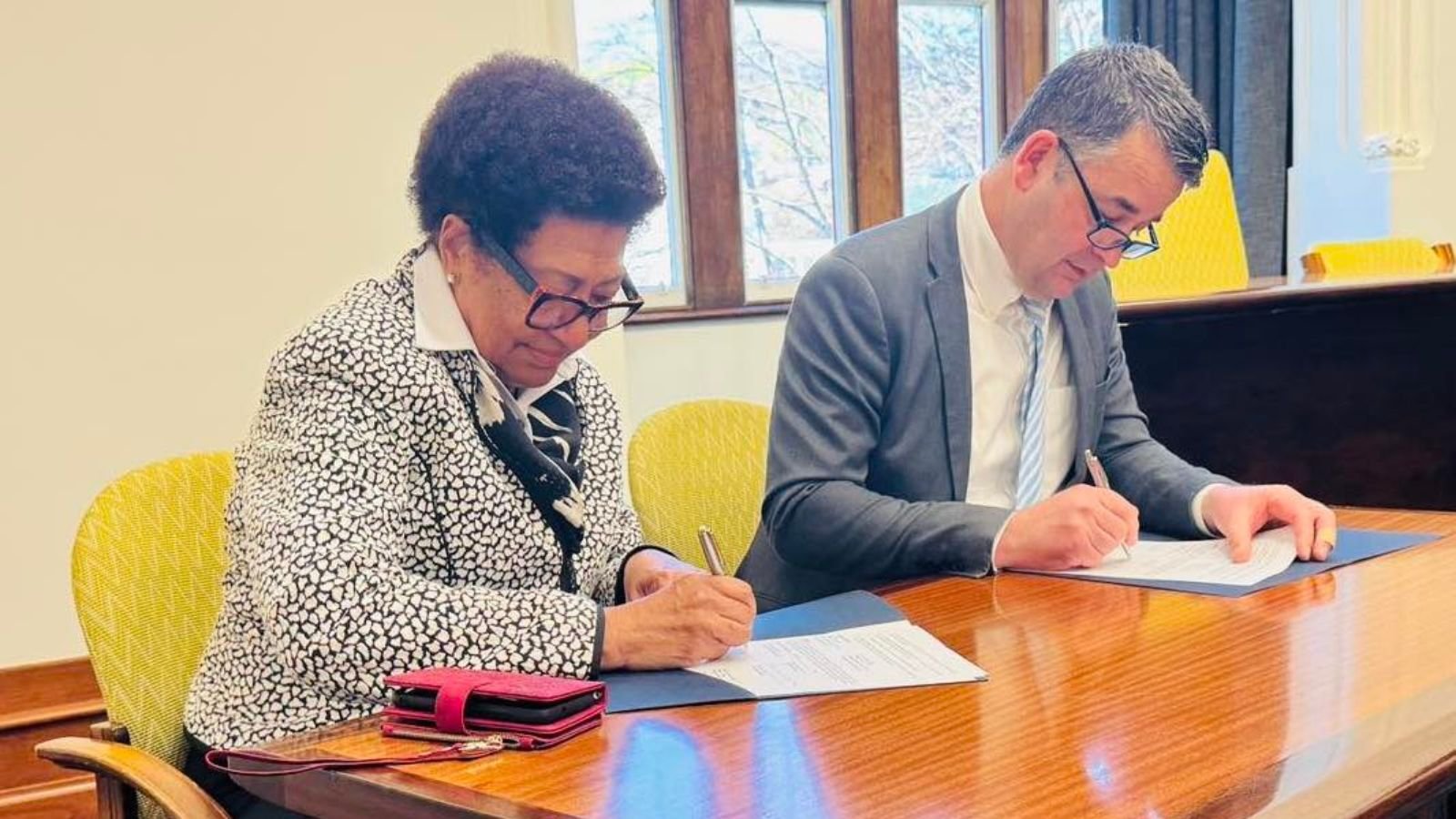Public Interest Journalism funded through NZ On Air
A new book for non-Pasifika teachers aims to bridge the gap with Pasifika students in order to learn how to best educate and empower them.
‘Pacific Educators Speak: Valuing our values’ is a new publication created by Victoria University of Wellington academics and educators Fuapepe Rimoni, Ali Glasglow and Robin Averill.
The book breaks down the key values of the Pacific so that non-Pasifika educators can understand in the simplest way how they work in an educational setting. These values include service, respect, leadership, family, belonging, love, inclusion, reciprocal relationships and spirituality.
Fuapepe Rimoni says the book amplifies the voices of dozens of experienced Pasifika teachers.
“We’ve said this is what Pasifika teachers are saying: ‘respect is about this and it looks like this in the classroom, service is about this and this is what it looks like in the classroom.’ That’s just who we are. We have those core values that we come with.”
Fuapepe, a Samoan lecturer at Victoria University who teaches Pacific and multiethnic education, with research specialising in identity and sense of belonging in schools says that when she and her colleagues got the opportunity to create this, they thought why not?
“ It’s 2022 and we’re still battling with ideas. Resources are coming in, yes but we don’t have anything to actually support non-Pasifika teachers to say this is what our Pasifika educators are saying can help.”
“There are gaps, and if you don’t understand the values that are incorporated and aligned with the way we do things, then you’re gonna miss the plot. So teachers need to know this way earlier before they reach the tertiary level,” Fuapepe says.
Fuapepe says people of the Pacific are multifaceted, and educators must understand this to maximise the learning of their Pacific students. “We wear different hats and we do it naturally without being asked, we just do it because it’s the way we are.”
“Even if you’re in a family that may not necessarily follow those traditional, Pasifika ways like Fa’a Samoa, Fa’a Tonga, Fa’a Niue and all that. It’s a part of you and in your blood, you still carry those values on. So for a young person, they may not necessarily understand those values but when they’re at home, it automatically just switches and so teachers have to understand that,” Fuapepe says.
Fuapepe also says it’s important that Pasifika communities and parents have open communication with their children’s teachers to help them understand.
“Some of them just don’t get it, so who else is to do it? I mean we can do books, we can develop these resources and we can find a way to get them out there, to reach out to schools and education settings but a big part of it is also our parents. To really be a part of that and get involved.”
‘Pacific Educators Speak: Valuing our values’ is available to purchase here.










